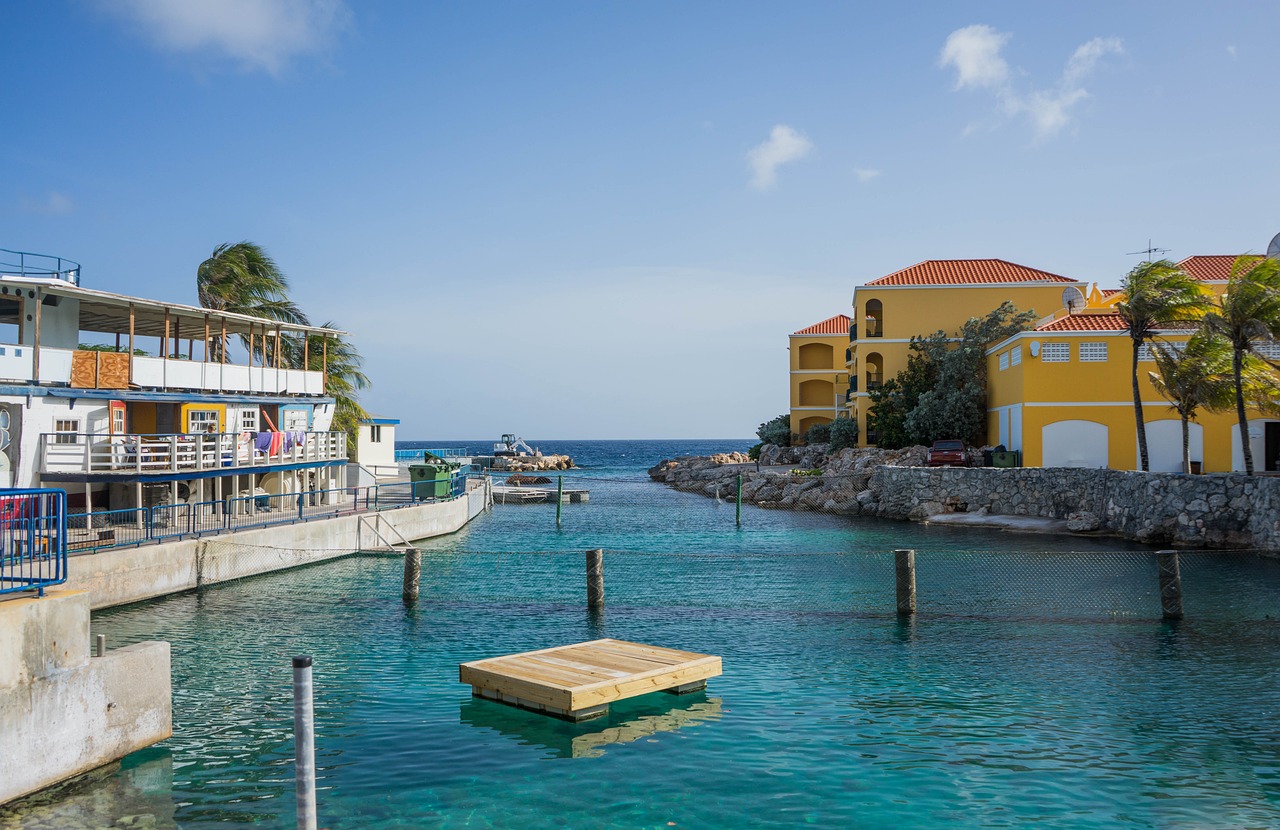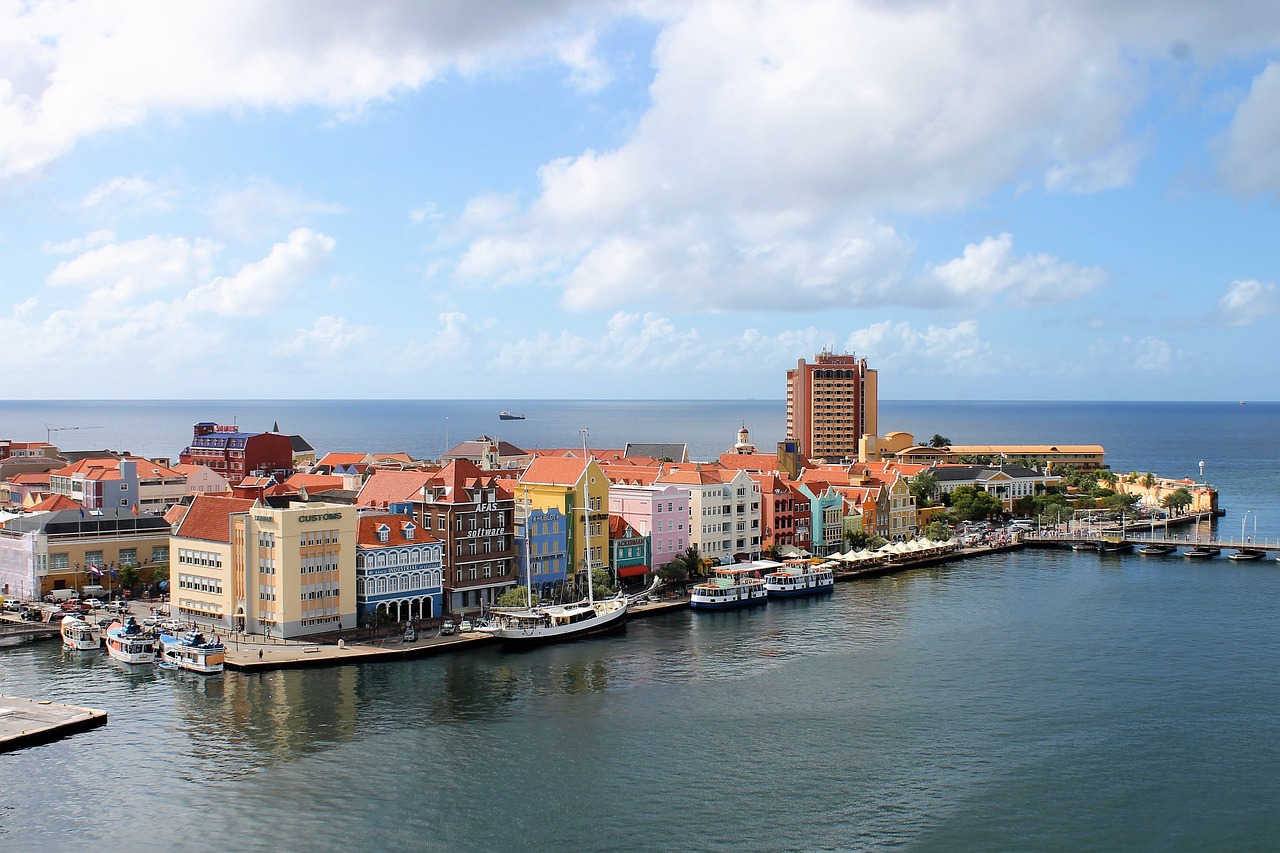Curacao Video
Coping with Power Outages: Being Prepared in Curacao
Power outages can be an inconvenience, but being prepared can help you navigate through them more smoothly. In Curacao, a beautiful island in the Caribbean, power outages can occur due to various reasons, such as severe weather conditions or maintenance work. This article will provide you with detailed information on how to cope with power outages in Curacao, ensuring that you are prepared and can minimize any disruptions they may cause.
Understanding Power Outages
Before we delve into coping strategies, it’s important to understand the nature of power outages. Power outages are temporary disruptions in the electrical supply, resulting in a loss of electricity to homes and businesses. They can last for a few minutes to several hours, depending on the cause and extent of the outage. It’s crucial to stay informed about the outage and follow safety guidelines to protect yourself and your belongings.
- Stay updated: Monitor local news channels, radio stations, or social media platforms for updates on power outages in Curacao. Utility companies often provide information regarding the cause of the outage, estimated restoration times, and any safety precautions to be followed.
- Keep emergency numbers handy: Save the contact information for the local utility company and emergency services in your phone or keep them written down in case of a power outage. This will enable you to report any issues promptly or seek assistance if needed.
- Prepare an emergency kit: Create an emergency kit that includes essential items such as flashlights, batteries, a portable radio, a first aid kit, non-perishable food, and bottled water. Keep the kit in an easily accessible location in your home.
- Unplug sensitive electronic devices: To protect your electronic devices from power surges when the power is restored, unplug sensitive equipment such as computers, televisions, and modems during an outage.
- Charge your devices: Before a potential power outage, make sure to fully charge your mobile phones, power banks, and other essential devices. This will allow you to stay connected and communicate during the outage.
Backup Power Options
During an extended power outage, having a backup power source can be incredibly useful. Here are some options to consider:
- Portable generators: A portable generator can provide temporary power to essential appliances and devices. Ensure proper ventilation and follow safety guidelines while operating a generator.
- Uninterruptible Power Supply (UPS): A UPS is a battery-powered device that provides temporary backup power to electronic devices. It allows you to safely shut down your devices and save any unsaved work during a power outage.
- Solar power: Installing solar panels with a battery storage system can provide a sustainable and reliable backup power solution. It harnesses the sun’s energy to generate electricity, reducing dependence on the grid.
Preserving Food and Water
During a power outage, it’s important to take steps to preserve perishable food and ensure a safe water supply. Here are some guidelines to follow:
- Minimize food spoilage: Keep refrigerator and freezer doors closed as much as possible to maintain the cold temperature. A full freezer can keep food frozen for about 48 hours, while a half-full freezer can keep food frozen for about 24 hours.
- Use coolers: Transfer perishable items to coolers with ice or frozen gel packs to extend their shelf life. Grouping items together in a cooler helps retain the cold temperature for a longer duration.
- Consume perishable food first: Prioritize consuming perishable items that require refrigeration to minimize waste and ensure food safety.
- Boil water: If there is a disruption in the water supply during a power outage, boil tap water for at least one minute before consuming it or use bottled water as an alternative.
Staying Safe During Power Outages
Power outages can present safety risks, but by taking precautionary measures, you can ensure the well-being of yourself and your loved ones. Consider the following:
- Use alternative lighting: Utilize flashlights or battery-powered lanterns instead of candles to avoid the risk of fire.
- Be cautious with generators: If you are using a portable generator, place it outdoors in a well-ventilated area to prevent carbon monoxide buildup. Never operate a generator indoors or in an enclosed space.
- Secure your home: Keep doors and windows locked during a power outage to ensure the security of your home. If necessary, use additional security measures such as battery-powered alarms or motion sensor lights.
- Stay hydrated: Drink plenty of water to stay hydrated, especially in hot climates like Curacao. Avoid excessive physical exertion during power outages to prevent overheating.
- Check on vulnerable individuals: Reach out to elderly neighbors, individuals with medical conditions, or those who may need assistance during a power outage to ensure their well-being.
Curacao Image 1:

Preparing for Extended Outages
While most power outages are resolved within a few hours, it’s essential to be prepared for the possibility of an extended outage. Consider the following steps:
- Stock up on supplies: Ensure you have an ample supply of non-perishable food, bottled water, and essential items like medications, toiletries, and baby supplies.
- Stay connected: Have alternative means of communication, such as a battery-powered radio or a fully charged mobile phone, to receive updates and stay connected with loved ones.
- Stay in a designated shelter: If the power outage is caused by severe weather conditions, it may be advisable to seek shelter in a designated location until the situation improves.
- Follow local guidance: Pay attention to instructions and guidance provided by local authorities during extended power outages. They will provide updates on restoration efforts and any necessary safety precautions.
Curacao Image 2:

Restoration and Reporting
After a power outage, it’s important to report any remaining issues to the local utility company and follow guidelines for a safe restoration process:
- Contact the utility company: If your power has not been restored within the estimated timeframe provided, contact the local utility company to report the issue and seek assistance.
- Switch off appliances: Before the power is restored, switch off appliances and gradually reconnect them once the power is stable to prevent power surges.
- Reset clocks and timers: After the power is restored, reset any clocks, timers, or electronic devices that may have been affected by the outage.
Curacao Image 3:

Conclusion
Power outages can be disruptive, but with proper preparation and knowledge, you can cope with them effectively. Curacao, like any other place, experiences occasional power outages, but by staying informed, having backup power options, and following safety guidelines, you can minimize the impact on your daily life. Remember to preserve food and water, stay safe, and be prepared for extended outages when necessary. By taking these steps, you can navigate power outages in Curacao with confidence and resilience.
References
– Curacao Utilities (www.curacaoutilities.com)
– Caribbean Disaster Emergency Management Agency (www.cdema.org)
– Centers for Disease Control and Prevention (www.cdc.gov)


